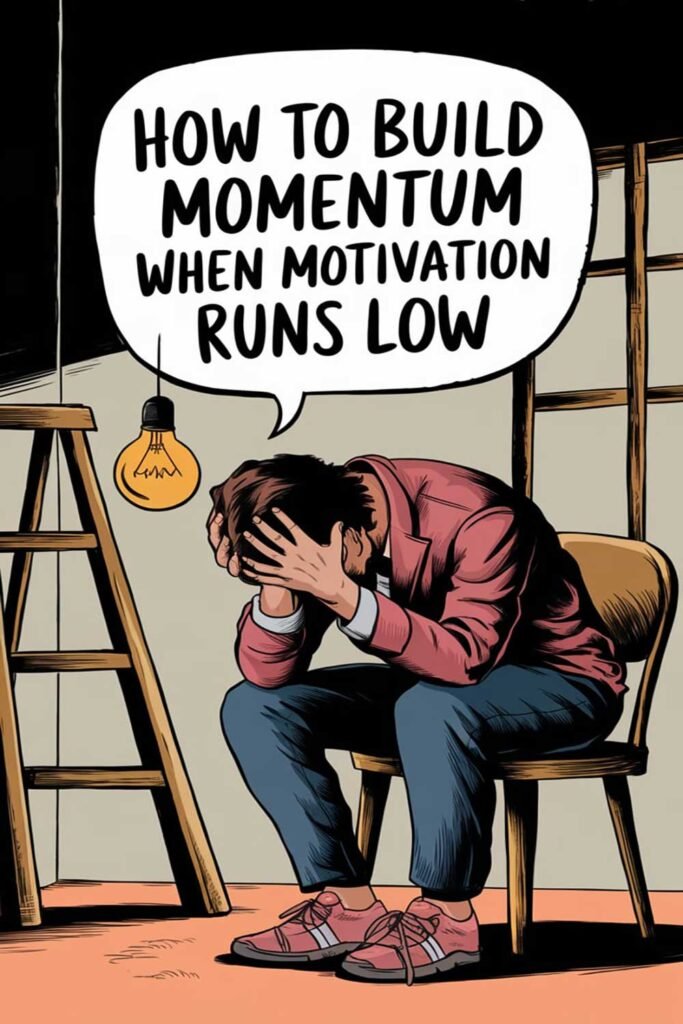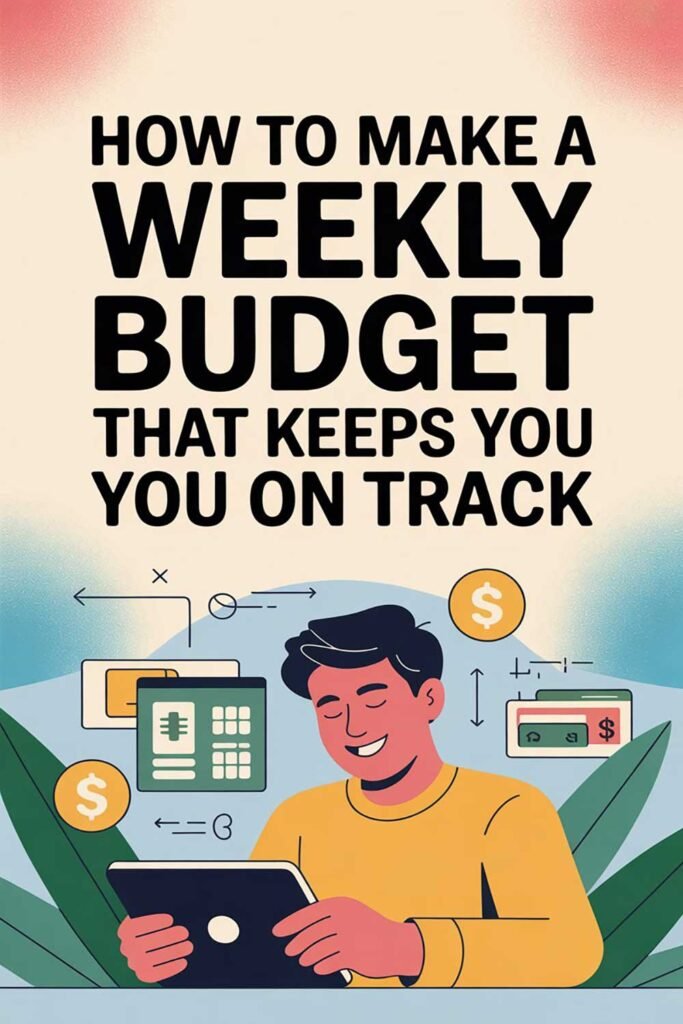
5 Types of Self-Doubt – And How to Identify Yours
Self-doubt can be the invisible hand that quietly steers us away from opportunity, connection, and confidence. Whether it whispers in your mind before a big decision or shouts when you’re trying something new, it holds power—unless you recognize it.
The first step to overcoming self-doubt is understanding what form it takes in your life. Once you can identify it, you can address it head-on and take back control of your choices and your future.

In this in-depth guide, we’ll explore the 5 major types of self-doubt, how to spot them, how they manifest in real life, and proven ways to overcome them so you can move forward with clarity and courage. Let’s dive in.
1. Imposter Syndrome
Imposter syndrome is one of the most common forms of self-doubt, especially among high achievers. It shows up as the fear of being “found out”—like you’re pretending to be more competent than you actually are. Even with clear evidence of your success, it convinces you that you’re a fraud.
Signs:
- You downplay your achievements
- You constantly compare yourself to others
- You avoid applying for opportunities unless you’re 100% qualified
- You fear success as much as failure
Real-Life Example:
Jillian, a first-generation college graduate, was promoted to a leadership role at her nonprofit. Despite praise and outstanding performance reviews, she felt like she didn’t belong. She began journaling every week about her contributions and met regularly with a mentor who helped her reflect on her growth. With time, she stopped disqualifying herself from new challenges and even applied to be on a national advisory board.
How to Overcome It:
- Keep a “wins” journal to track accomplishments.
- Talk to others in your field who have similar feelings.
- Focus on the facts: What evidence supports your role and success?
2. Perfectionism-Based Doubt
This form of self-doubt is driven by the fear that if something isn’t perfect, it isn’t worth doing. It paralyzes progress because anything less than flawlessness feels like failure.
Signs:
- You procrastinate on important tasks
- You feel paralyzed by fear of doing something wrong
- You constantly tweak and edit, never hitting “publish”
- You criticize yourself harshly after minor setbacks
Real-Life Example:
Aaron spent three years planning his dream podcast. He had a dozen episodes written and rewritten—but never released them. His breakthrough came when he hired a creative coach who encouraged him to launch with “version one” and improve from there. After releasing his first imperfect episode, he received great feedback and built a small community of listeners who appreciated his honesty.
How to Overcome It:
- Set deadlines for progress, not perfection.
- Celebrate “done” more than “perfect.”
- Ask yourself, “Will this still matter in 5 years?”
3. Comparison-Based Doubt
The comparison trap can destroy confidence quickly. This form of self-doubt convinces you that your journey doesn’t measure up, making it hard to stay focused on your unique path.
Signs:
- You feel behind in life or business
- Social media triggers anxiety or envy
- You dismiss your progress because it doesn’t match others’
- You base decisions on external validation
Real-Life Example:
Lisa was a talented graphic designer who felt like she’d never catch up to influencers she followed. Their curated posts made her feel small. She took a 60-day social media break, focused on building her freelance client base, and started using her portfolio as her confidence builder instead of her feed. Her income doubled in six months.
How to Overcome It:
- Limit social media scrolling.
- Track your own progress, not others’ milestones.
- Write your own definition of success.
4. Fear of Failure
This type of self-doubt tells you not to even try. It thrives on the belief that failure is a personal reflection of your worth rather than a learning opportunity.
Signs:
- You avoid challenges you might not win
- You label mistakes as proof you’re not good enough
- You stay in your comfort zone
- You replay past failures frequently
Real-Life Example:
Troy dreamed of launching his own local food truck but was haunted by a past failed business. He started small by catering for local events and family parties. As he built confidence, he created a part-time food cart with minimal investment. Now he’s running a profitable food truck three years later, and credits facing his fear of failure as his biggest leap forward.
How to Overcome It:
- Reframe failure as feedback.
- Take one small action daily that feels bold.
- Read stories of others who failed and then succeeded.
5. Fear of Success
Surprisingly, self-doubt can emerge when things go well. This fear is rooted in the uncertainty of what success will demand of you—more responsibility, visibility, or expectations.
Signs:
- You self-sabotage right before big opportunities
- You don’t celebrate wins
- You fear outgrowing people or circumstances
- You question whether you’re “ready”
Real-Life Example:
Grace launched an Etsy store that went viral after a TikTok post. Instead of expanding, she closed her shop temporarily and claimed it was just a “fluke.” With the help of a business coach, she worked through her limiting beliefs and slowly reopened, eventually outsourcing tasks and becoming a full-time entrepreneur.
How to Overcome It:
- Reflect on what you believe success will “cost” you.
- Set boundaries that allow you to grow without burnout.
- Celebrate every win—even the small ones.
How to Identify Your Type of Self-Doubt
Ask Yourself:
- What thoughts pop up when I take a risk?
- Do I trust my capabilities or wait for permission?
- Do I fear being seen as “too much” or “not enough”?
Tools to Help:
- Daily journaling prompts
- Accountability partners
- Confidence-building challenges
- Mindset coaching or therapy
The goal isn’t to eliminate self-doubt—it’s to recognize it, name it, and learn how to move forward despite it.
20 Quotes to Help You Overcome Self-Doubt
“Believe you can and you’re halfway there.” – Theodore Roosevelt
“Doubt kills more dreams than failure ever will.” – Suzy Kassem
“You are more than enough.” – Unknown
“She remembered who she was and the game changed.” – Lalah Delia
“No one can make you feel inferior without your consent.” – Eleanor Roosevelt
“Success is not final, failure is not fatal: it is the courage to continue that counts.” – Winston Churchill
“You don’t have to be perfect to be amazing.” – Unknown
“Self-doubt is the anchor that keeps our ships from sailing.” – Unknown
“Done is better than perfect.” – Sheryl Sandberg
“You are capable of amazing things.” – Unknown
“Fear is temporary. Regret is forever.” – Unknown
“You miss 100% of the shots you don’t take.” – Wayne Gretzky
“It always seems impossible until it’s done.” – Nelson Mandela
“Comparison is the thief of joy.” – Theodore Roosevelt
“Courage doesn’t mean you don’t get afraid. Courage means you don’t let fear stop you.” – Bethany Hamilton
“Small steps in the right direction are better than big steps in the wrong direction.” – Unknown
“Be yourself. Everyone else is already taken.” – Oscar Wilde
“Don’t believe everything you think.” – Unknown
“You were given this life because you are strong enough to live it.” – Unknown
“Start where you are. Use what you have. Do what you can.” – Arthur Ashe
🧠 Picture This
You wake up and notice that self-doubt hasn’t disappeared—but it no longer controls you. You start speaking up more. You stop apologizing for trying. You begin celebrating your growth instead of mourning where you’re not yet. The voice in your head becomes a companion, not a critic.
What kind of life could you create if you trusted yourself a little more every day?
📣 Please Share This Article
If this helped you—or you know someone struggling with self-doubt—please share this post. It may be the nudge someone else needs today.
⚠️ Disclaimer
This article is based on personal development experiences and is intended for informational purposes only. It does not replace therapy, medical advice, or professional coaching. Always consult a qualified provider for mental health concerns.






